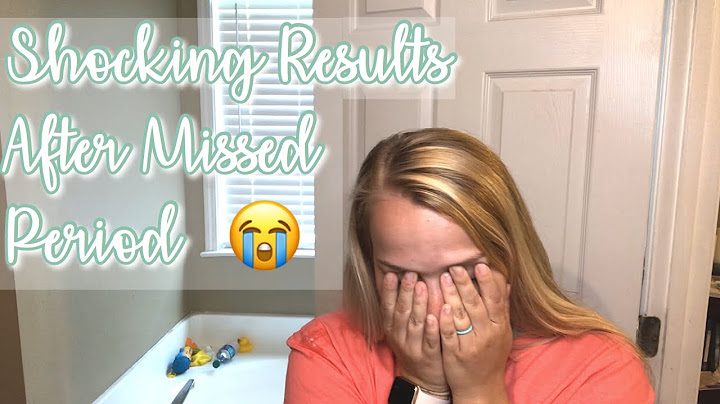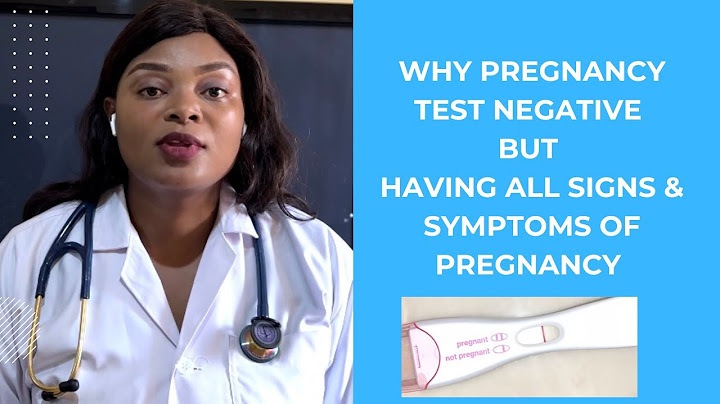Show SummaryRead the full fact sheet
This page has been produced in consultation with and approved by: This page has been produced in consultation with and approved by: Related information
From other websitesContent disclaimerContent on this website is provided for information purposes only. Information about a therapy, service, product or treatment does not in any way endorse or support such therapy, service, product or treatment and is not intended to replace advice from your doctor or other registered health professional. The information and materials contained on this website are not intended to constitute a comprehensive guide concerning all aspects of the therapy, product or treatment described on the website. All users are urged to always seek advice from a registered health care professional for diagnosis and answers to their medical questions and to ascertain whether the particular therapy, service, product or treatment described on the website is suitable in their circumstances. The State of Victoria and the Department of Health shall not bear any liability for reliance by any user on the materials contained on this website. Both blood and urine tests test for the presence of the pregnancy hormone but blood tests can measure the levels of the hormone in the blood and are therefore more accurate. The best thing to do is to do another test and see what the result is. There may be many reasons why the test results are different, including:
FAQ:Pregnancy Testing FAQs
Can you have a negative home pregnancy test and a positive blood test?One explanation for a false negative pregnancy test is what's called the hook effect. It's not common but sometimes this effect leads to urine and blood tests giving the wrong result. This error might happen even after you've had one positive pregnancy test and test again a couple days later.
Why is my pregnancy blood test positive but urine negative?It happens when the woman has very high levels of pregnancy hormones in her blood or urine. The antibodies that pregnancy tests use become overwhelmed and fail to bind to the hormone. Due to this, the result comes back negative.
How soon will a blood test detect pregnancy?Blood tests
They can pick up hCG earlier in a pregnancy than urine tests can. Blood tests can tell if you are pregnant about six to eight days after you ovulate. Doctors use two types of blood tests to check for pregnancy: Quantitative blood test (or the beta hCG test) measures the exact amount of hCG in your blood.
Can hCG blood test be positive without pregnancy?Could a positive result be wrong? Although rare, it's possible to get a positive result from a home pregnancy test when you're not actually pregnant. This is known as a false-positive.
|

Related Posts
Advertising
LATEST NEWS
Advertising
Populer
Advertising
About

Copyright © 2024 muatrau Inc.



















